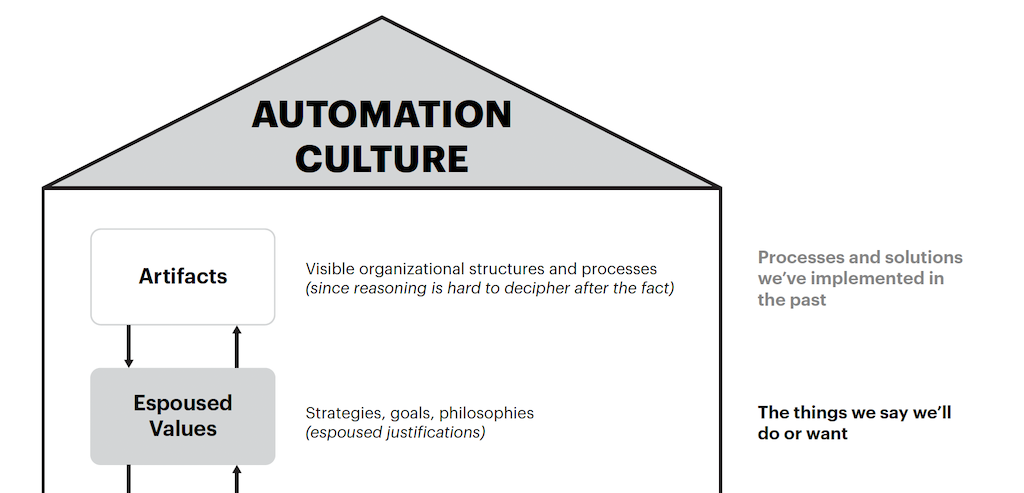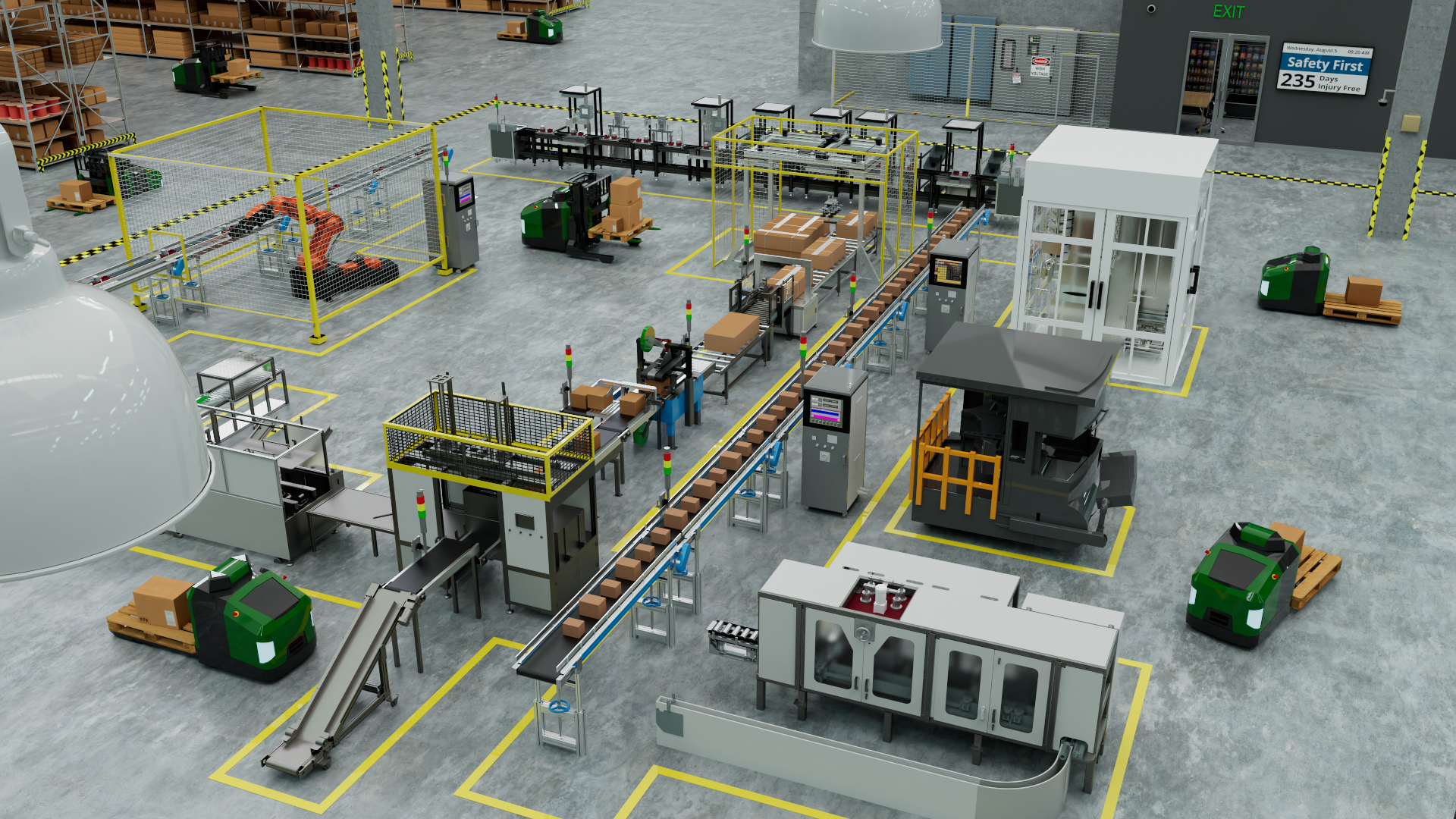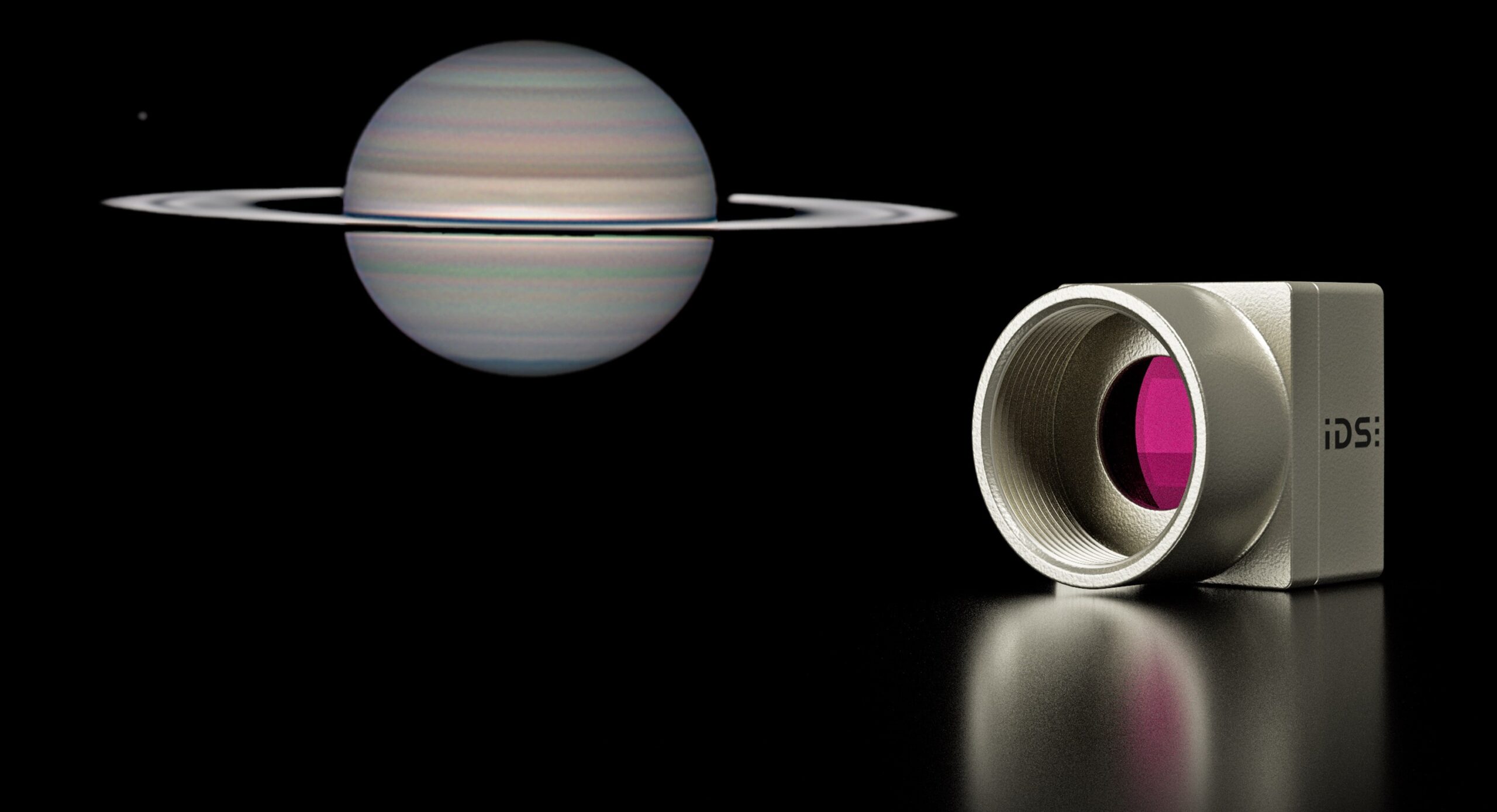Do not let RCA applications hold up your root-cause efforts.

To be clear, root-cause analysis (RCA) is a way of thinking and not a software application, yet there are sites that are spending thousands of dollars and hundreds of hours learning software instead of solving problems. Software is not inherently bad, but you don’t need a sports car to learn to drive.
If you are getting started with your RCA efforts and software is part of your plan, then be aware of these potential problems:
Software can limit team involvement: When the facilitator is head-down in the computer rather than up and truly facilitating responses from the team.
Software can slow the flow of ideas, especially if it is slow to create or move causes and links: The time required to create or edit means others are waiting and forgetting points and causes.
Software can complicate reporting: The simplest and most effective reporting for most sites is the A3-style RCA report.
Computers create barriers between facilitators and the RCA team. If you have to collect the information directly to the software, then you should consider a facilitator and a recorder or scribe.
If you can problem-solve without the software or by capturing the information after the analysis, then here are a few tips and benefits of a software-free RCA.
Use sticky notes and a big blank wall or a white board.
This allows good group involvement by allowing members to write and share or verbally share while you capture the causes. This gives you two streams of causes in two different communication styles. If two people share the same or similar cause, then you stack them—and both participants know they were heard. This can be key to good facilitation.
With sticky notes, you can start by understanding the sequence of events and include any time-stamped data from PLCs, cameras, etc. Once you identify key events, or forcing functions as they are sometimes known, you can transition to a fault-and-logic tree with ease. This will provide a better understanding of the systemic and latent causes of a key event.
With the very hands-on nature of the sticky method, you can move and reorganize causal chains quickly; and as you discover new causes, they can be added with ease and without huge disruptions to the flow of ideas. When you are done, you simply take a quick picture of the analysis via the ubiquitous cell phone and paste it into your chosen report format. It can then be shared with others electronically.
The point of today’s post is not that software is bad. It is simply that it is not required to get started and make substantial improvements in your facility. Many of our students save hundreds of thousands of dollars for their sites using nothing more than sticky notes and a sound root-cause methodology. Once root cause becomes part of your business culture, you can capture, catalog, and share more effectively with the help of software—but don’t let it hold you back from the start!
– Shon Isenhour is a founding partner at Eruditio and is a part of Plant Engineering’s editorial advisory board. This article originally appeared on Eruditio’s blog. Eruditio is a CFE Media content partner.



